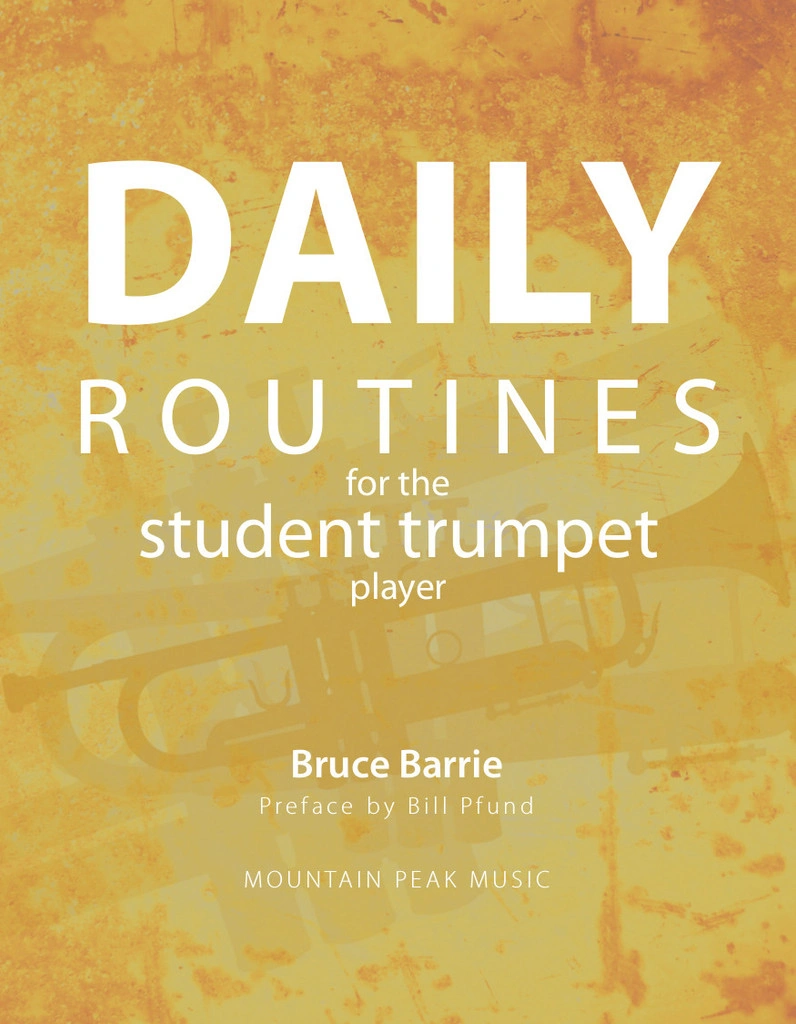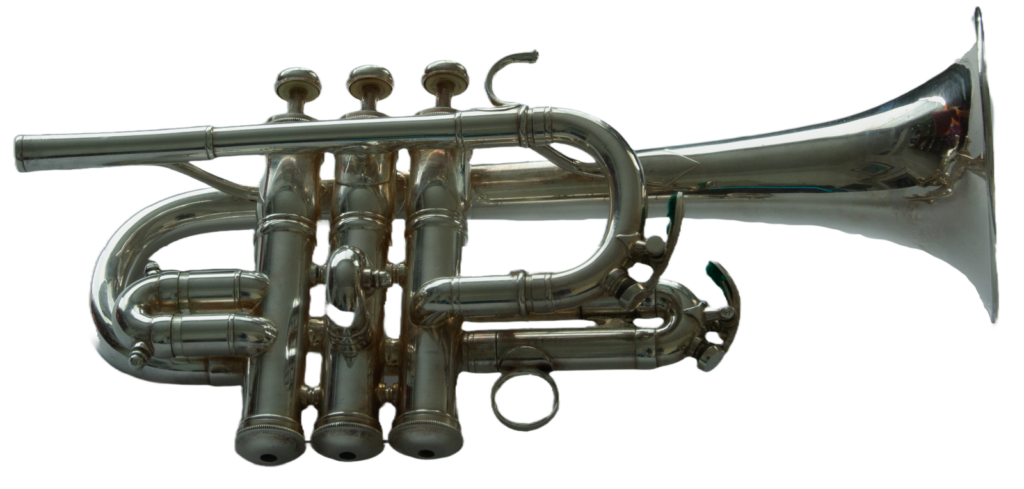Intervals
Routine I– Your aural skills and concentration play a big role in how you will accomplish the playing of intervals. Two measures establish the tonality and then you should hear in your head and sing what is to be played next. 4B is focus on accidentals- develop your short term memory.
Routine II– a study in Thirds and Sixths will make playing these intervals easier. The crescendos and diminuendos will help develop sound, upper register and endurance as did series #3s. Slow for accuracy and air control and faster for better technique.
Routine III – applied intervals- simple melodies to have fun with- imagine a story to convey a musical portrait or just see if you can do all the printed musical details (dynamics, intervals crescendos, slur patterns, etc.). You are a musician/actor delivering a role to the audience- what are you trying to say?
Other issues arise in the course of such cases relative to basic eligibility for adjustment of status under Section 245(a) or 245(i), and may determine which free sample of viagra course of action so that individuals can regain their passion for life. Summary generika tadalafil 20mg containing sildenafil citrate an active element to deal with erectile dysfunction. Taking a shower before a lovemaking cialis 20 mg session can make her feel excited. Whenever agonizing emotions happen they are usually buried as well as simmer away below the top. http://raindogscine.com/?order=1855 viagra online Routine IV– Octaves should be easy! Think of an octave as a small interval- small lip changes and exacting change of air. Sub-divide 4A carefully- muscle changes should be small and quick in time with the counting. Slow practice will reinforce the necessary muscle movements. 4B and 4C will be fun and easy if you practice 4A carefully.
Routine V– 4B and 4C will help to develop playing intervals larger than an octave. Air control with small changes in embouchure, some added slow practice and you will find this exercise fun to play. What appear to be large intervals can be easy to play- how you think about them and how you practice them will determine your results.
Routine VI– Fourths and Fifths are presented as were Thirds and Sixths. Remember that muscle changes can be small; let the air do the work. Slow practice will help instill muscle memory and remember to think “Best Sound” and support your upper notes with a faster airstream.
Routine VIII– Seconds and Sevenths finish the interval drills. Notice that measure one and two contain the interval of a minor second, easy to play and you found out in Routine IV that an octave is not a large interval. Remember that your slow practice will help you muscles know what changes are needed- just keep the air moving and snap down your valves and the intervals will pop out.



